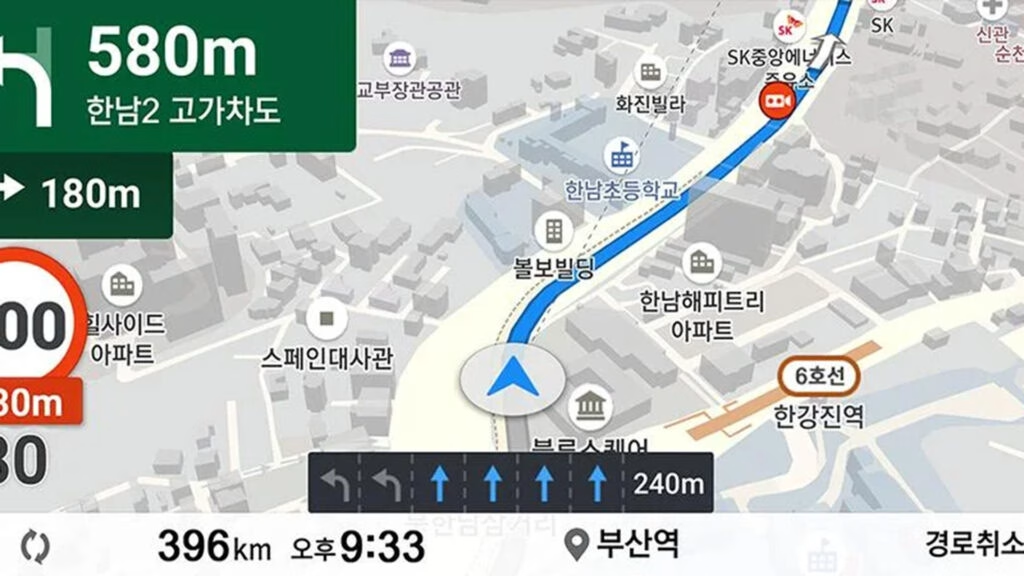How Is Korea Turning Safe Driving Into a Game—and Does It Really Work?
Imagine opening your favorite navigation app and seeing not just directions, but a score for how smoothly you’re driving. In Korea, that’s not sci-fi—it’s everyday life for millions. The country’s most popular navigation app, Tmap, has rolled out a gamified driving score that’s sparked a nationwide competition for safer roads. But does it actually make a difference, and what’s the trade-off for all this data sharing?
What’s Behind the Gamified Driving Craze in Korea?
The idea is surprisingly simple. Download Tmap, and your phone starts tracking how you accelerate, brake, take corners, and stick to speed limits. The smoother your driving, the higher your score. And those scores aren’t just for bragging rights—top drivers get perks like insurance discounts and gift credits. By the end of 2024, Tmap reported 19 million participants, with over 10 million earning some kind of reward.
It’s not just Tmap, either. Rival apps like Kakao Map and Naver Map have jumped in, and even car-sharing platforms like Socar are on board. What makes Korea’s approach unique is the public nature of these scores. Drivers are ranked against each other, and everyone can see where they stand. Think of it as a leaderboard for safety, not speed.
Are These Apps Actually Preventing Accidents?
Here’s where things get interesting. Tmap claims its driving score system helped prevent more than 31,000 crashes between 2018 and 2020. That’s a big number—enough to fill a small stadium. The company bases this on internal models comparing accident rates between high- and low-score drivers. While independent verification would be ideal, the trend is hard to ignore: as more people compete for better scores, accident rates seem to drop.
Chun Ji-yeon from the Korea Insurance Research Institute puts it this way: “It’s one of the few competitions where everyone benefits when scores rise. Safer driving lowers accident risk, insurers save on claims, and drivers save money. It’s a rare alignment of interests.” In other words, the game isn’t just for fun—it’s changing real-world behavior.
How Do Insurance Discounts and Rewards Motivate Safer Driving?
Let’s be honest: most of us need more than a gold star to change our habits. That’s where the perks come in. Insurance companies in Korea have jumped on board, offering real discounts to drivers with high scores. Some drivers even get gift credits or other bonuses for maintaining safe habits. It’s a classic carrot-over-stick approach—and it’s working.
Anecdotally, drivers report checking their scores after every trip, tweaking their habits to avoid harsh braking or sudden acceleration. It’s a bit like tracking your steps with a fitness app, but for your car. And with millions of people involved, the peer pressure is real. Nobody wants to be at the bottom of the leaderboard.
What About Privacy—Who’s Watching All This Data?
Of course, there’s a catch. To track your driving, these apps collect a lot of data—where you go, how fast you drive, how you handle your car. In Korea, these scores are public within the app ecosystem, which raises eyebrows for privacy advocates. The concern isn’t unique to Korea, either. In the US, lawsuits have targeted companies like LexisNexis and major automakers over the sharing of driving data with insurers, sometimes without clear consent.
Critics warn that what starts as a voluntary, feel-good program could morph into something more invasive. If insurers, employers, or even law enforcement get access to this data, the potential for misuse is real. Korea’s experiment is being watched closely by privacy experts worldwide, who caution that safeguards need to keep pace with innovation.
Could Gamified Driving Work Outside Korea?
Korea’s approach is catching attention globally, especially as other countries wrestle with rising accident rates and insurance costs. The key ingredients—smartphones, navigation apps, and a culture that embraces friendly competition—exist almost everywhere. But the public nature of the scores and the integration with daily-used apps seem to be what’s driving engagement in Korea.
For other countries, the challenge will be balancing the potential safety benefits with privacy protections. Transparent data policies, opt-in participation, and clear limits on data sharing are all must-haves if this model is to gain traction elsewhere.
What’s the Real Impact for Everyday Drivers?
For the average Korean driver, the impact is tangible. Safer driving habits, lower insurance bills, and a sense of community competition have made the roads a little less stressful. There’s even a bit of fun in seeing your name climb the ranks after a particularly smooth commute. But there’s also a growing awareness that every turn of the wheel is being watched—and recorded.
The big takeaway? Gamified driving isn’t about perfection—it’s about smarter adjustments. Start with one change this week, and you’ll likely spot the difference by month’s end. Whether you’re in Seoul or San Francisco, a little friendly competition—and a watchful eye—might just be the nudge we all need to drive a bit safer.

